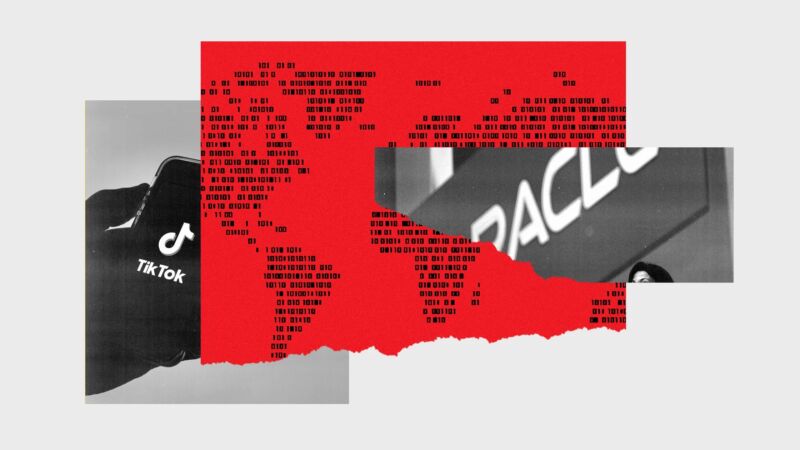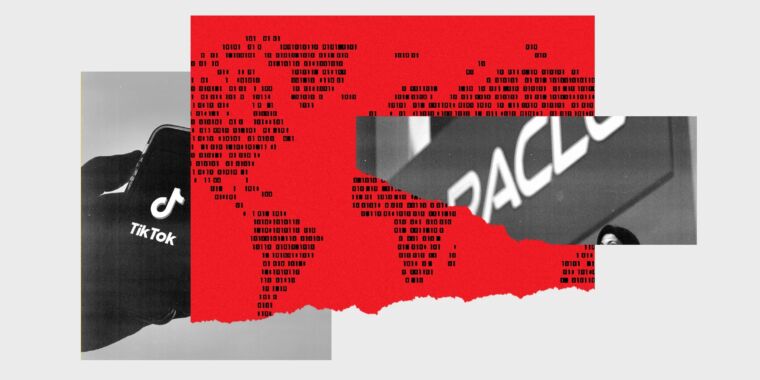
Sam Whitney | Getty Images
In August 2020, President Donald Trump dropped a bombing executive order banning TikTok in the United States. Since then, as TikTok has competed with other big tech companies — growing among teenage users while Facebook and others struggle — its ability to survive in the United States has remained under a cloud of uncertainty. Would regulators step in and destroy a product that had become an important form of communication for some 100 million Americans?
That cloud seemed to pick up last week following reports that TikTok is going to make a data storage deal with Oracle. In the short term, the deal would be good for US users, allowing TikTok to invest more of its resources and energy in improving its product, rather than grappling with the government.

But in the long run, the forecast looks bleaker. The deal would set precedents that could harm tech companies and their users.
The main concern US politicians have expressed about TikTok is that because it is owned by Chinese ByteDance, the Chinese government could potentially gain access to US data held by the company. The other major concern was the security risk. This deal would address both. Under the agreement, Oracle would store TikTok data for US users, ensure data is not transferred to ByteDance, and be responsible for protecting user data from cybersecurity threats. Since this sensitive task will be performed by a US company with close ties to the government, TikTok should finally be able to allay concerns that its operations in the United States pose a serious threat to US security.
Of course, the agreement demands financial and technical costs from TikTok. The company pays for third-party data storage, even as competitors have tried to reduce their own costs and improve performance by storing data in their own data centers. Still, the agreement is far preferable to a ban or a forced transfer of a majority stake to a US company, two outcomes that seemed plausible in the summer of 2020. strength: its product.

